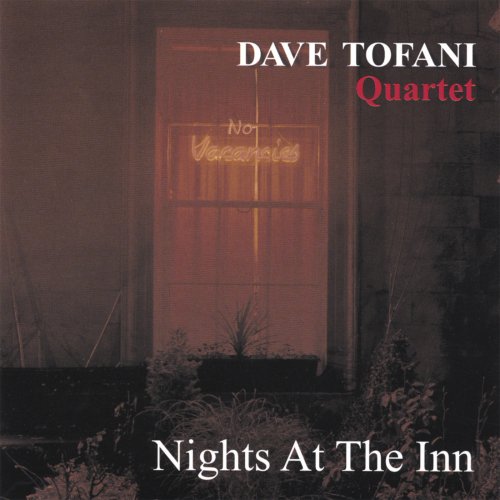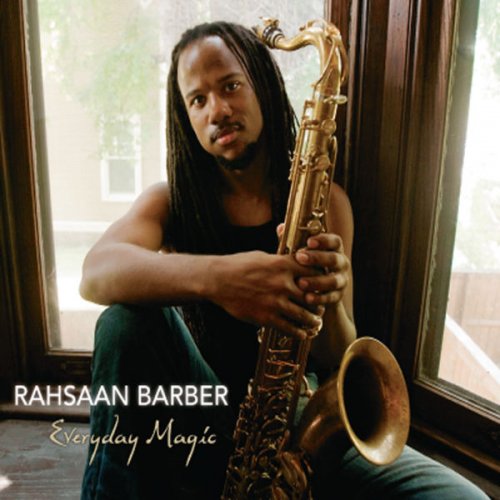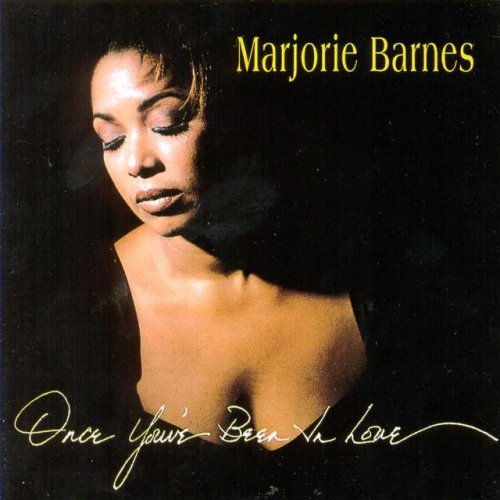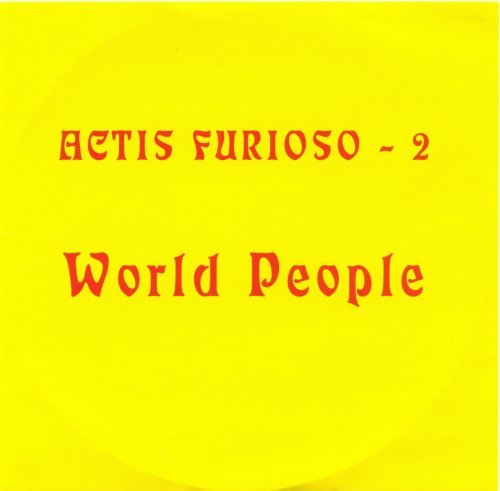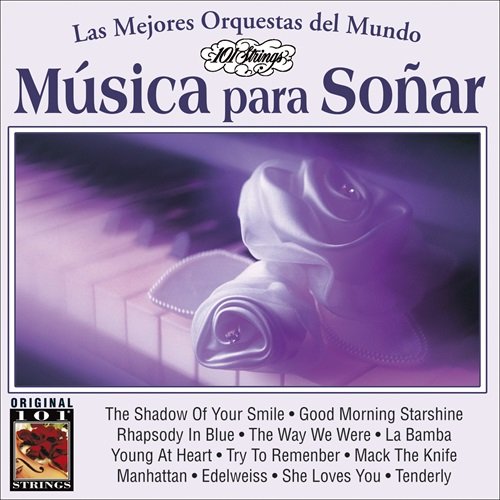James Blood Ulmer With Memphis Blood Blues Band - Bad Blood In The City (2007)
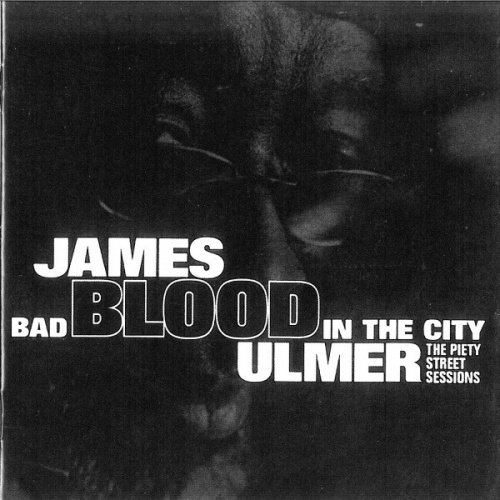
Artist: James Blood Ulmer With Memphis Blood Blues Band
Title: Bad Blood In The City
Year Of Release: 2007
Label: Hyena Records
Genre: Blues, Jazzy Blues, Funk, Modern Electric Blues
Quality: Mp3 320 / WavPack (image, .cue, log)
Total Time: 48:52
Total Size: 128/325 Mb (covers)
WebSite: Album Preview
Tracklist:Title: Bad Blood In The City
Year Of Release: 2007
Label: Hyena Records
Genre: Blues, Jazzy Blues, Funk, Modern Electric Blues
Quality: Mp3 320 / WavPack (image, .cue, log)
Total Time: 48:52
Total Size: 128/325 Mb (covers)
WebSite: Album Preview
01. Survivors Of The Hurricane 03:53
02. Sad Days, Lonely Nights 05:59
03. Katrina 03:46
04. Let's Talk About Jesus 04:19
05. This Land Is Nobody's Land 05:17
06. Dead Presidents 04:41
07. Commit A Crime 05:21
08. Grinnin' In Your Face 04:36
09. There Is Power In The Blues 02:28
10. Backwater Blues 05:51
11. Old Slave Master 02:37
James Blood Ulmer - Vocals, Guitars
Vernon Reid - Guitars
Mark Peterson - Bass
Irene Datcher - Backing Vocals (4)
Leon Gruenbaum - Piano, Organ, Keyboards, Mellotron, Clarinet
Charlie Burnham - Mandolin
David Barnes - Harmonica (4)
Aubrey Dayle - Drums, Percussion
For those who were rightfully seduced by James Blood Ulmer's stripped-to-the-bone 2005 Birthright recording, where the great harmolodic jazz, blues, and funk guitarist played a single guitar and stomped on a board and played the blues like a Delta hoodoo shaman, Bad Blood in the City will come as quite a shock. The session was recorded at the Piety Street Studios in New Orleans, and Blood made use of its atmospherics and its history as a killer room for recording the Crescent City's second-line rhythms, electric blues, and swampy funk. Once more, the album was produced by Vernon Reid — who plays a hell of a lot of guitar here — and Ulmer chose his old friend from the Odyssey days, Charles Burnham, to play electric violin and mandolin, along with a cast that also includes vocalist Irene Datcher, bassist Mark Peterson, harmonica player David Barnes, drummer/percussionist Aubrey Dayle, and keyboard boss Leon Gruenbaum. The tune mix is wild, ranging from the tough hard funk of the opener, "Survivors of the Hurricane," to a cover of Junior Kimbrough's "Sad Days, Lonely Nights" that keeps its blues yet gets deeply funked up with the roiling guitars of Ulmer and Reid, Barnes' spooky harmonica, violin, piano, clarinet, and a B-3!
Then there are the originals, such as Ulmer's blues tune "Katrina," which echoes "Flood in Mississippi." It feels like some strange cross between R.L. Burnside, John Lee Hooker, and Ulmer at his deepest, most soulful and driving. Reid fills in the spaces and the entire tune is a wall of beautifully chaotic yet utterly sophisticated sound. He echoes the hypocrisy that some rather famous ministers railed on the city as being a den of sin and the hurricane being God's vengeance. He answers the tune with a soul-gospel tune called "Let's Talk About Jesus," where he and Datcher do their own form of preaching about mercy, grace, healing, and forgiveness. Blood's sermon with its killer B-3 break in the middle and whomping funk bassline is infinitely more interesting and danceable than Jerry Falwell's. Blood also answers Woody Guthrie's ghost on John Lee Hooker's "This Land Is Nobody's Land," while he agrees with him completely, putting the swamp blues up to Guthrie's folk music and commenting on the times as they are. Other covers include Willie Dixon's "Dead Presidents," Son House's "Grinnin' in Your Face," Howlin' Wolf's "Commit a Crime" (a wailing stomper that does the original justice), and the traditional "Backwater Blues," with a radical arrangement. The final cut is a barrelhouse number with wily guitars and crying harmonica and scratching called "Old Slave Master," where Blood spits his rage in a blues shouter that could get a corpse to get up out of the box and start throwing down on the dancefloor. The creative place Blood finds himself in his partnership with Reid is yielding great fruit. This album is the strongest of their collaborations thus far, and is a wild ride through blues, R&B, and hard-driving distorted and feedback-laced — yet utterly musical — New Orleans funk. It's a monster.
Then there are the originals, such as Ulmer's blues tune "Katrina," which echoes "Flood in Mississippi." It feels like some strange cross between R.L. Burnside, John Lee Hooker, and Ulmer at his deepest, most soulful and driving. Reid fills in the spaces and the entire tune is a wall of beautifully chaotic yet utterly sophisticated sound. He echoes the hypocrisy that some rather famous ministers railed on the city as being a den of sin and the hurricane being God's vengeance. He answers the tune with a soul-gospel tune called "Let's Talk About Jesus," where he and Datcher do their own form of preaching about mercy, grace, healing, and forgiveness. Blood's sermon with its killer B-3 break in the middle and whomping funk bassline is infinitely more interesting and danceable than Jerry Falwell's. Blood also answers Woody Guthrie's ghost on John Lee Hooker's "This Land Is Nobody's Land," while he agrees with him completely, putting the swamp blues up to Guthrie's folk music and commenting on the times as they are. Other covers include Willie Dixon's "Dead Presidents," Son House's "Grinnin' in Your Face," Howlin' Wolf's "Commit a Crime" (a wailing stomper that does the original justice), and the traditional "Backwater Blues," with a radical arrangement. The final cut is a barrelhouse number with wily guitars and crying harmonica and scratching called "Old Slave Master," where Blood spits his rage in a blues shouter that could get a corpse to get up out of the box and start throwing down on the dancefloor. The creative place Blood finds himself in his partnership with Reid is yielding great fruit. This album is the strongest of their collaborations thus far, and is a wild ride through blues, R&B, and hard-driving distorted and feedback-laced — yet utterly musical — New Orleans funk. It's a monster.
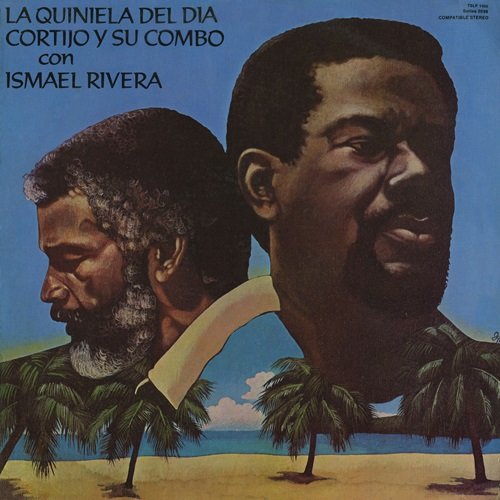
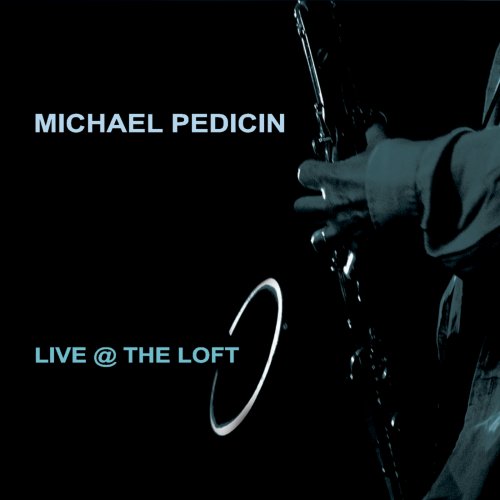
![William Ackerman - Past Light (1983) [1997 Japanese Edition] William Ackerman - Past Light (1983) [1997 Japanese Edition]](https://www.dibpic.com/uploads/posts/2026-02/1771702726_001.jpg)
